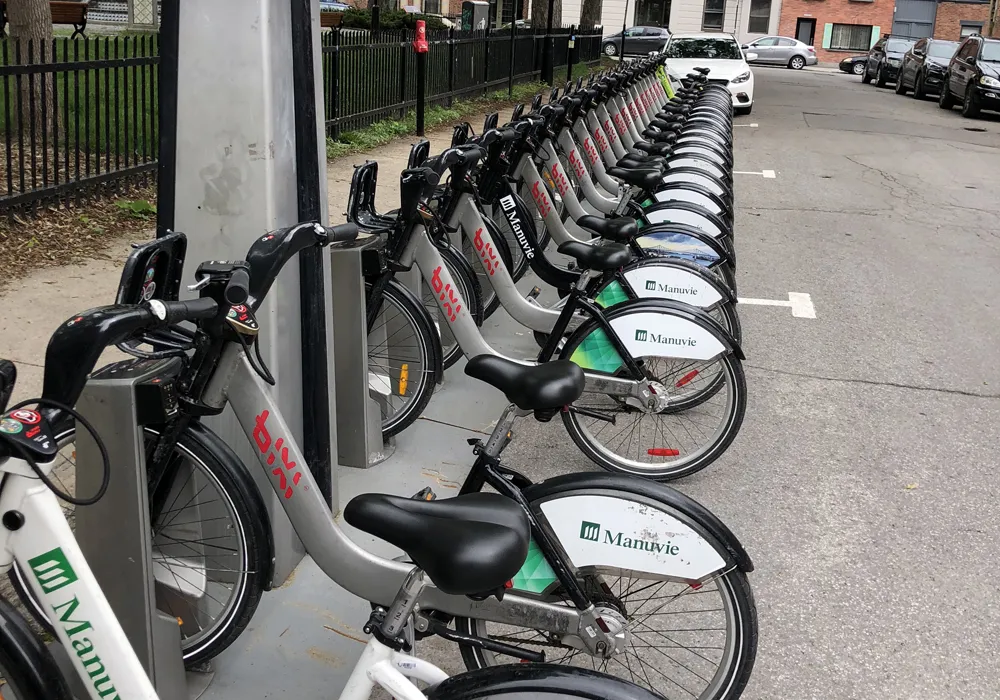The Institute of Advanced Motorists (IAM) in the UK is calling on the government to redesign crash barriers to make them more motorcycle-friendly. While crash barriers have saved the lives of thousands of drivers, hitting a crash barrier is a factor in eight to sixteen per cent of rider deaths. When they hit a crash barrier, riders are 15 times more likely to be killed than car occupants. In a crash, barrier support posts can worsen injuries by five times.
July 31, 2012
Read time: 1 min
RSSThe 5125 Institute of Advanced Motorists (IAM) in the UK is calling on the government to redesign crash barriers to make them more motorcycle-friendly. While crash barriers have saved the lives of thousands of drivers, hitting a crash barrier is a factor in eight to sixteen per cent of rider deaths. When they hit a crash barrier, riders are 15 times more likely to be killed than car occupants. In a crash, barrier support posts can worsen injuries by five times.
“Roads in general and crash barriers in particular are largely designed with four or more wheels in mind. The needs of more vulnerable motorcyclists must become a priority,” said IAM chairman, Alistair Cheyne, OBE. “Existing standards and guidelines for road infrastructure – and barriers in particular – must be changed so they take proper account of motorcyclists.”
“Roads in general and crash barriers in particular are largely designed with four or more wheels in mind. The needs of more vulnerable motorcyclists must become a priority,” said IAM chairman, Alistair Cheyne, OBE. “Existing standards and guidelines for road infrastructure – and barriers in particular – must be changed so they take proper account of motorcyclists.”









